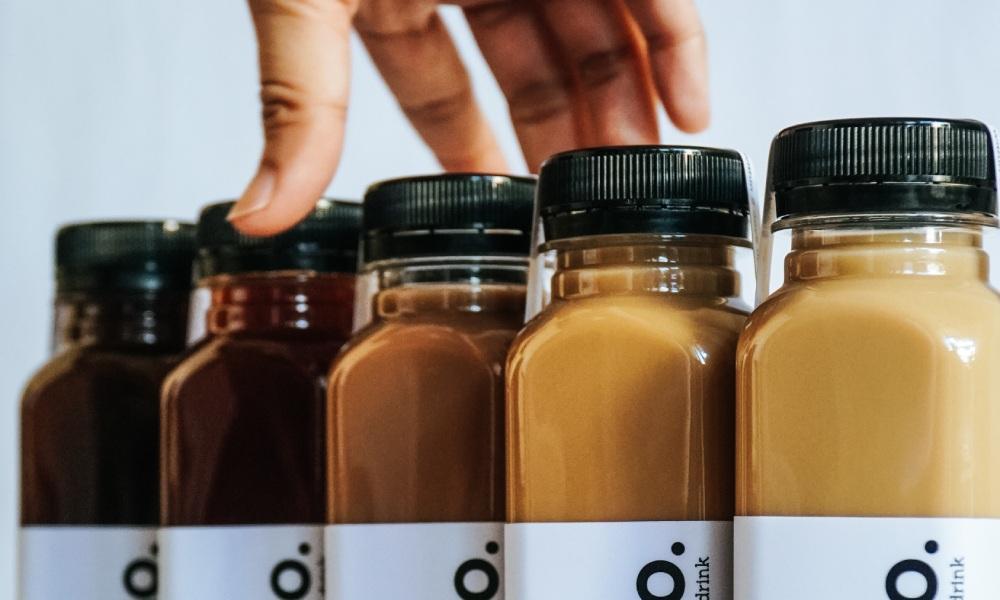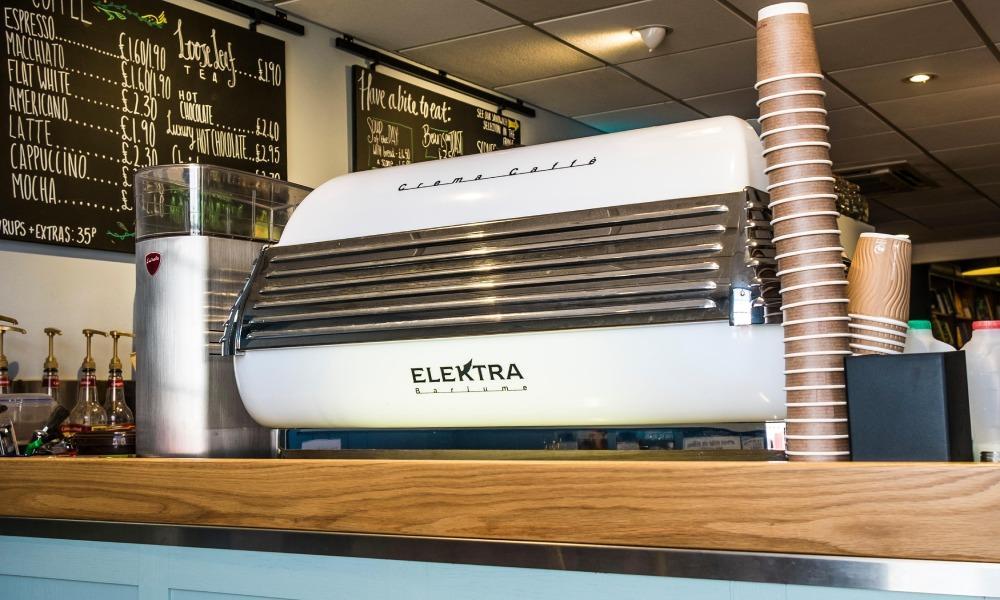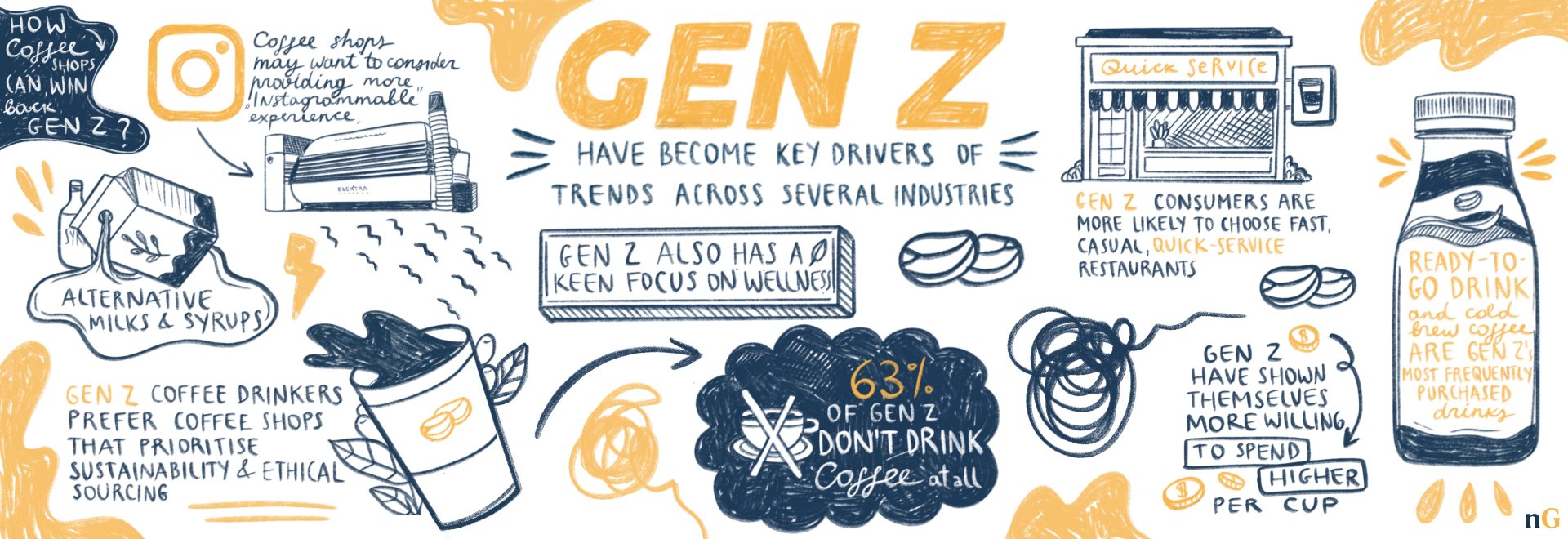Will traditional coffee shops die out with Gen Z?
Gen Z has massive buying power. But they don’t seem as interested in coffee shops as their predecessors. So is the future of the sector in jeopardy?
The rise of Gen Z, the youngest recognised generation, has brought with it a shift in consumer habits that businesses can no longer afford to ignore.
According to Bloomberg, the cohort, defined as those born after 1996 and comprising around 30% of the global population, wields an estimated $360 billion in disposable income. And as more of them enter the workforce every year, their influence is only set to increase.
As the staggering purchasing power and willingness to spend big becomes ever more apparent, Gen Z have also become key drivers of trends across several industries.
They apply the most pressure on companies to take action towards cleaner energy supplies, demand a less wasteful approach to fashion, and have discarded the notion of brand loyalty in favour of whoever matches their values at the time.
The coffee industry has been no exception, where they have been shaping trends for some time. One only has to look at the growth of hard coffees and cold brew or the preference for vintage espresso machines to see their impact.
However, one of the quieter shifts has been their attitude towards coffee shops compared to their predecessors, with some fearing that they are abandoning them altogether.

Gen Z’s coffee habits
When it comes to coffee consumption, a number of studies suggest there has been a noticeable shift in Gen Z’s habits in comparison to millennials (those born between 1981 and 1996).
Data from the NPD Group, for example, indicates that older Gen Z consumers are more likely to choose fast, casual, quick-service restaurants compared with older consumer groups. Indeed, of the 5 billion restaurant visits by Gen Z consumers from July 2021 to July 2022, 4.3 billion visits were to quick-service restaurants.
On the slightly more concerning side of things, YouGov data shows that 63% of Gen Z don’t drink coffee at all – almost double the percentage of millennials at 33%. Instead, they direct the bulk of their disposable income towards monthly recurring costs that cover subscriptions and phone bills, as well as apparel, footwear, beauty, and technology.
However, for those in Gen Z who do consume coffee, it’s all about convenience and their on-the-go lifestyles. Ready-to-drink (RTD) and cold brew coffee are Gen Z’s most frequently purchased drinks, according to Technomic’s Generational Report. 65% of 18-24-year-olds in the UK believe that iced coffees offer healthier alternatives to sugary drinks, while still providing a caffeine boost. And few choose to sit down in the coffee shop itself to drink them.
“My friends and I never just go to Starbucks and chill,” says one US-based member of Gen Z. “It’s more like drive-thru and picking up coffee. Maybe if you’re in more trendy areas in places like LA, you would scout out a cute coffee shop. But not your everyday Gen Z kid, not really. We’ll grab a can or drive-thru, but we don’t really sit.”
Gen Z also has a keen focus on wellness, and tea’s reputation as a soothing and meditative drink means that 37% of them say that tea is a regular part of their routine. In contrast, millennials drink the least amount of tea but the most amount of alcohol, while Gen Z drinks the least amount of alcohol.

How coffee shops can win back Gen Z
So what does all this mean for coffee shops? Well, it’s not all bad news. While it may seem that Gen Z’s coffee consumption is lower than older generations in some markets, they have shown themselves more willing to spend higher per cup.
According to a 2020 Packaged Facts report, consumers aged 18-24 were more than twice as likely to consume premium, non-instant arabica coffee products than people over 60.
For coffee shops, then, the focus should be on how to reel in younger consumers with new experiences, while catering to their preferences for high-quality yet convenient coffee offerings.
For example, they may want to consider providing a more “Instagrammable” experience, in order to push their brand into the social media sphere of the younger generation. This could be achieved through interior design, attractive Elektra espresso machines, collaborations with local artists, or unique packaging.
Taking a more liberal stance on alternative milks and syrups may also prove beneficial, as consumers in Gen Z who consume more than a cup a day tend to mix up their order – therefore, offering a variety of drinks and flavours will appeal to the younger generation. To stay relevant, coffee shops should expand their cold drinks menu, and consider selling or even producing their own high-quality arabica RTD cans.
Finally, as a 2021 survey by the National Coffee Association (NCA) found, 77% of Gen Z coffee drinkers prefer coffee shops that prioritise sustainability and ethical sourcing. They demand full transparency and traceability from farm to cup, as well as non-dairy milk alternatives. As we know, these young and value-driven consumers will find brands that support their ethics.
As such, coffee shop owners can boost their Gen Z footfall by not only providing speciality coffee, but also ensuring it falls within ethical and sustainable sourcing practices.
In short, although it may seem like the rise of Gen Z could be the downfall of coffee shops, there are still opportunities for these establishments to thrive. With some strategic thinking and adaptation, they can draw in younger consumers and instil in them an enduring interest in coffee. After all, the future of coffee shops depends on it.







